PETITION TO THE HOUSE OF COMMONS IN PARLIAMENT ASSEMBLED
- Canada should not be used by those foreign nationals who grossly violated internationally recognized human rights, as a safe haven for themselves and their families, or to hide away the proceeds from their illicit activities;
- The U.S. has promulgated the Global Magnitsky Human Rights Accountability Act, Estonia has adopted a similar law, and Great Britain and Norway are considering actions, aiming at establishing restrictive measures towards those who violated internationally recognized human rights. It is expected that other countries which value respect for human rights will follow suit;
- As Canada celebrates its sesquicentennial (150th) birthday, there is no gift to those who aspire respect for human rights everywhere in the world more precious than a law passed by its Parliament to promote respect for human rights; and
- Officials in the Communist regime in Vietnam systematically violate human rights by brutally suppressing political dissidents. They should also be subject to the restrictive measures called for in both Bill S-226 and Bill C-267.
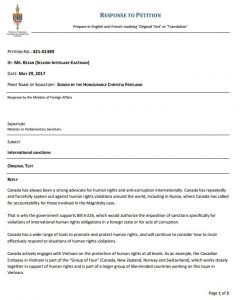 PETITION NO.: 421-01389
PETITION NO.: 421-01389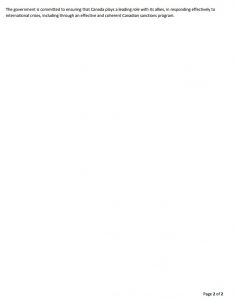

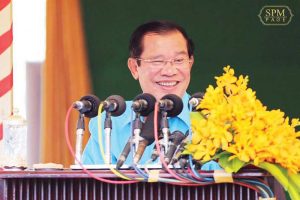
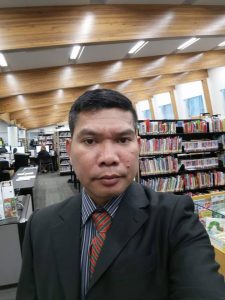
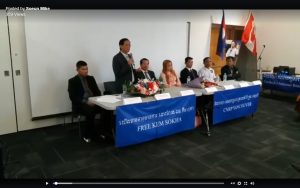
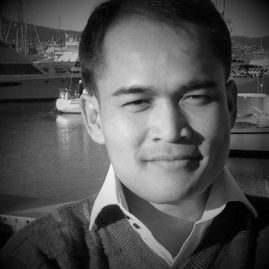 Cambodian politics reached a new boiling point with the arrest of the opposition leader last week. Kem Sokha was handcuffed in the middle of the night in his house and accused of “treason” by the government.
Cambodian politics reached a new boiling point with the arrest of the opposition leader last week. Kem Sokha was handcuffed in the middle of the night in his house and accused of “treason” by the government.